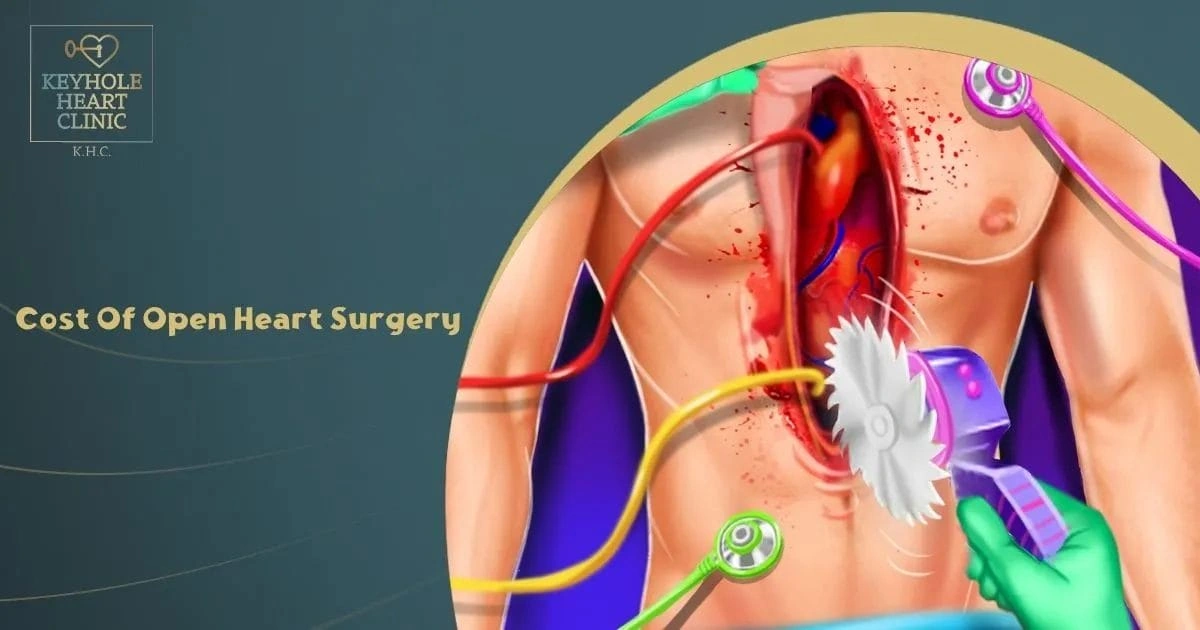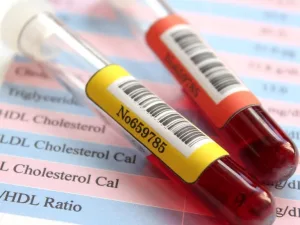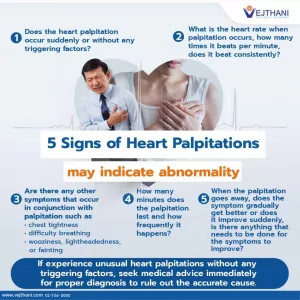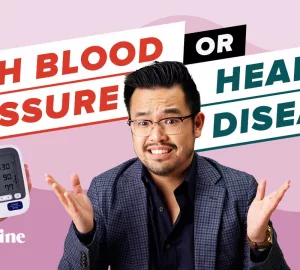Sticker Shock? Let’s Get Real
You know that punch-to-the-gut moment? The one where the doctor calmly drops words like “open heart surgery” and your brain instantly flashes giant glowing dollar signs? Yeah… I remember it. My dad actually needed a bypass a few years ago. We braced ourselves for bad news, but nothing makes you sit up straighter than hearing about the price tag. You can’t help but wonder—what on earth does open heart surgery cost, really? Is it going to flatten your savings? Or (lucky you!) is there hidden help out there to soften the blow?
If you’re here, you’re probably navigating a whirlwind of questions and “what ifs.” Stay with me. I’m walking you through the nitty-gritty in plain English, one real-life “been there” story at a time. We’ve got money talk, a dash of hope, and more empathy than a hospital waiting room at 2am.

Why Is the Price All Over the Map?
Ever notice how absolutely nothing in American healthcare seems to come with a set price tag? Open heart surgery—especially a common procedure like a bypass—is case-in-point. I mean, the range is wild. According to research on current open heart surgery expenses, you could see a bill for as “little” as $30,000—then blink and suddenly it’s $200,000. Yes, seriously. And that’s before counting the cost of your blood pressure meds after that sticker shock.
The “why” is a tangled web:
- Where you live (location…location…location!)
- What kind of hospital you land in (is it a teaching hospital or big city system?)
- How complicated your surgery is (did you need extra grafts or have a surprise hiccup?)
- Who your surgeon is (hat tip to the rockstars… but expertise does cost more)
- The magic word: insurance
Quick story: My uncle lives in upstate New York. He called around before his surgery (this is SO him) and found prices bouncing from under $50k in smaller hospitals… all the way to $110k in two bigger city programs. Same surgery. Wild, right? That’s the moment I realized “average” costs are, well, just averages. And if you’re near Rochester or Webster, you’ll want to scope out options like open heart surgery cost near rochester, ny or even open heart surgery cost near webster, ny. Sometimes, one town over can change everything.
Here’s Where Your Dollars Go
| Part of Surgery | Ballpark Cost | What’s Included |
|---|---|---|
| Operating Room & Surgeons | $10,000–$50,000 | Surgeon, assistant, anesthesiologist, room/time, meds during surgery |
| Hospital Stay (6–7 days) | $20,000–$75,000 | ICU, room/board, nursing, aftercare |
| Pre-op & Tests | $5,000–$15,000 | Bloodwork, EKG, imaging, pre-surgical consults |
| Rehab/Recovery | $1,000–$10,000+ | Physical therapy, medications, follow-ups |
If you’re thinking “OK, that sounds…dense and expensive,” you’re totally right. Have you ever seen a bill that was more itemized than your last vacation invoice? Same vibes, except here you might owe a small fortune just for the anesthesia part.
Insurance: The Reluctant Lifesaver
So, where does insurance fit in? Here’s something kind of silly: Depending on your plan, you could pay $0…or you could end up owing more than you’d pay for a new car. No, I’m not making this up.
What Happens If You Have Medicare?
If you’re on regular Medicare, they’ll cover about 80% of the “approved” open heart surgery cost after you pay a small deductible. That still leaves a good chunk for you to cover—unless you’ve got a supplement plan like Plan G (lifesaver alert!), which can shrink those out-of-pocket costs down to almost nothing after you pay the deductible. My friend’s mom, who lives near Rochester, was SO thankful she had Plan G. Otherwise, that 20% gap could’ve meant a five-figure bill.
Medicare Cost Example (2025 Numbers)
- Medicare Part A deductible: $1,676 per “benefit period” (translation: each hospital stay)
- Part B covers 80% of doctor and outpatient costs (you pay 20%)
- Medicare Advantage plans set a yearly max you can be charged (phew!)
Now, if you’re under 65 or have private insurance—this is where it gets tricky. Some plans cap your out-of-pocket at $5,000 or $10,000 (after deductibles and copays). Others…well…not so much. And if you’re self-pay or uninsured? Hold on to your coffee…hearts have literally skipped beats over those bills. For example, as of 2021, a typical open heart bypass without insurance averaged $123,000, but some replacements cost $170,000+.
Don’t feel weird calling your insurer ahead of time! Ask: What procedures and hospitals are in-network? What’s my deductible? What about coinsurance? Write it all down. If you’re too overwhelmed to advocate for yourself, ask a friend or family member to play “bad cop” on the phone (I’ve done it, and it’s secretly empowering).
Location, Location…And A Dash of Luck
You’d think your open heart surgery cost would be kind of fixed, right? Nope. If you live in a city like New York, your cost can be double (sometimes triple) what a friend pays in Oklahoma or Iowa. Not kidding. Based on info from Sidecar Health’s calculator:
- California: averages $64,610
- Oklahoma: $57,359
- Iowa: under $50,000
- Alaska (ouch!): $70,397
And it’s not just about rent or fancier scrubs. Hospitals set their own rates. Teaching hospitals or investor-owned systems tend to charge the most—even if outcomes aren’t always better. This isn’t just me venting; it’s straight out of recent studies that found bigger, busier hospitals might charge $8,000-$12,000 more, just because they can (“supply and demand,” but in scrubs).
Remember my cousin who had his operation near Webster? One block over, one hospital network—two very, very different prices. He swears by “calling around.” So checking the open heart surgery cost near webster, ny before you book a surgery (or even a consult) is basically a personal finance hack at this point.
Wait, Is Expensive Always Better?
It’s tempting to assume the fancier, pricier hospital will save your life better. Not always! Several studies busted that myth. Actually, many hospitals with lower open heart surgery cost have similar or even better rates for survival and recovery. The more you look, the more you notice: ask about hospital quality, surgeon experience, and complication rates—not just price. One of my readers told me their “small town” surgeon was just as skilled as the city’s big names…but their follow-up care was faster and warmer.
After Surgery: Surprise Bills (and Savings!)
Guess what? Surgery bills are just Act One. The story continues with recovery, rehab, and some hidden costs people forget about. Let’s lay it all out…
- Physical therapy: Most folks need several weeks. It’s $2,000–$5,000 if not covered by insurance. My dad actually got free rehab at his hospital, which was a small miracle. (Ask for hospital-based programs!)
- Lost wages: If you’re the family breadwinner, plan for 6–8 weeks off (sometimes more for “traditional” open heart procedures). Don’t be shy about looking for hospital social workers—they often know about short-term disability and community grant programs.
- Medications: Blood thinners, pain meds, anti-rejection drugs…that little orange bottle rack adds up, fast!
Minimally Invasive = Minimal Wallet Pain?
| Procedure Type | Average Cost | Recovery |
|---|---|---|
| Traditional Open Heart | $50,000–$200,000 | 6–8 weeks; more time off work |
| Minimally Invasive | 20–30% less | 2–4 weeks (faster, easier rehab) |
If you’re curious about new options, ask your doctor! My neighbor had a minimally invasive valve repair. She was gardening again in a month—and her bill was noticeably slimmer than my dad’s old-school sternotomy.
Finding Actual Value: It’s Not All About the Bill
So… what do you get for the price of a family sedan… or honestly, a small house in some towns? Peace of mind, first and foremost. But you can still be smart about where you spend and save.
- Get estimates from a few hospitals—sometimes, just asking makes them sharpen their pencils.
- Explore every kind of insurance coverage. If you can get on a plan or buy supplemental coverage before you need surgery, do it. I know, hindsight’s 20/20, but still.
- Use those handy online resources, like open heart surgery cost near rochester, ny. Don’t let “Rochester” in the title scare you—sometimes, prices a few towns over are dramatically better.
- Finally: prioritize your own wellness sooner rather than later. Every step you take (literally) to avoid needing that surgery pays off in the long run. I’ve seen so many patients transform their post-surgery care into a new lease on life. Real talk: my friend Larry dropped 40 pounds (and his blood pressure meds) just by sticking to cardiac rehab walks and adding one veggie a day. He’s living proof your investment can pay off for decades.
Let’s Wrap: Take Control, One Step at a Time
Whew. We just waded through more numbers than my old checkbook register, but you made it. Here’s what I hope you’ll actually take away: open heart surgery cost is wild, weirdly variable, and not nearly as predictable as your latest takeout order. But—armed with some hard-won wisdom, you absolutely have choices.
Talk to your doctor and your insurance rep. Comparison shop like you’re buying a car (because, honestly, you might be spending about the same). Bookmark links like open heart surgery cost near webster, ny—they’re a goldmine for anyone facing these huge decisions. Most of all: don’t let the numbers take your peace of mind. You have more options (and more cheerleaders in your corner) than you realize.
And hey, if you’ve walked this road yourself, or you’re about to? Shoot me a reply or drop a comment below. What surprised you most about the process? What worked, and what do you wish you’d known sooner? We’re all in this together, one day—and maybe one bill—at a time.

























Leave a Reply
You must be logged in to post a comment.